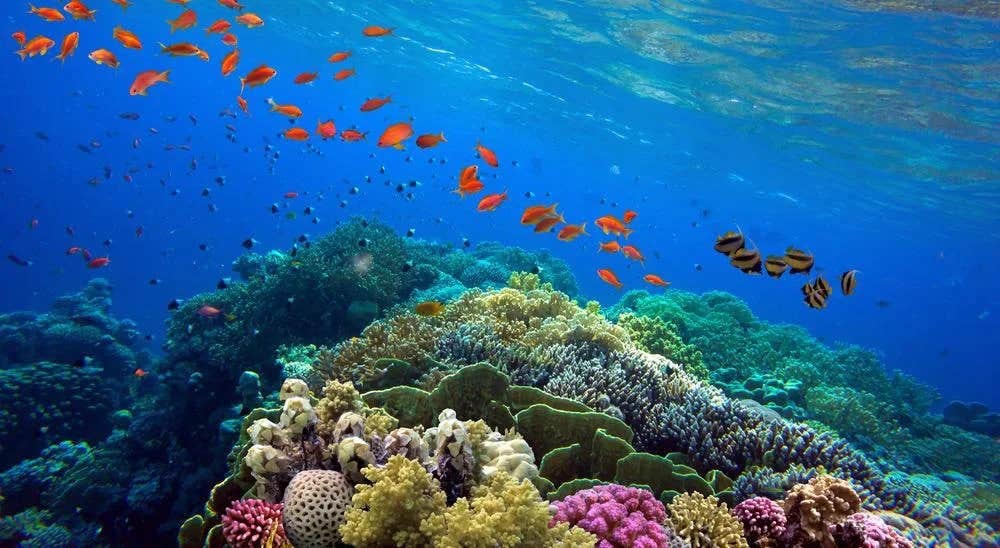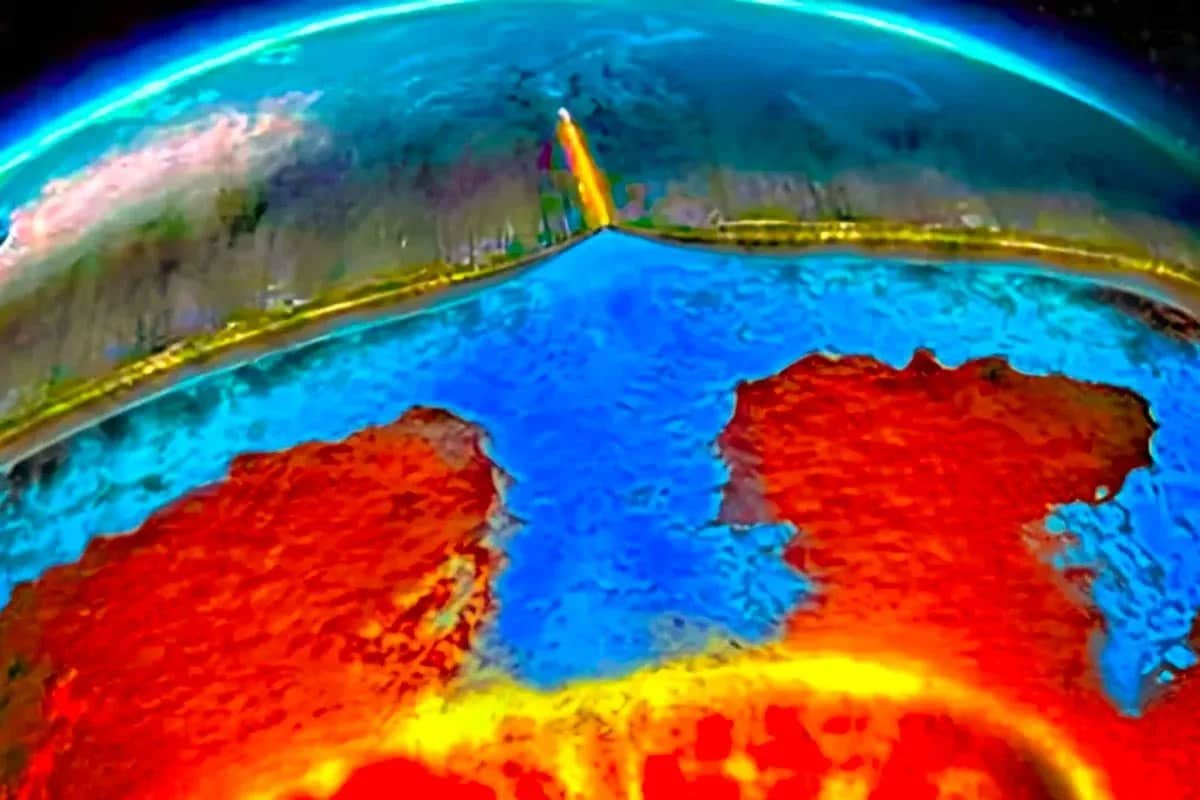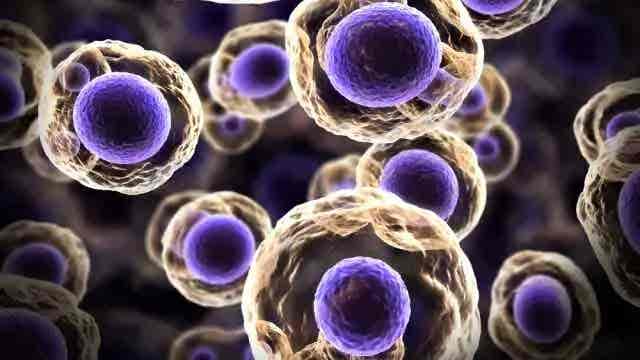New study reveals the massive impact of climate change on marine life
Study sheds light on the profound effects of warmer and more acidic seawater on fish and invertebrate animals.

Study sheds light on the profound effects of warmer and more acidic seawater on fish and invertebrate animals. (CREDIT: Creative Commons)
A recent study, co-led by marine biologist Katharina Alter from the Royal Netherlands Institute for Sea Research (NIOZ), sheds light on the profound effects of warmer and more acidic seawater on fish and invertebrate animals.
Published in the esteemed scientific journal Nature Communications, the study introduces a novel analysis method that uncovers previously overlooked impacts of climate change on marine ecosystems.
Hidden impact of climate change on marine life
Alter emphasizes the necessity of synthesizing and analyzing findings from various studies to grasp the global ramifications of climate change. She points out that while researchers often aggregate data on fish and invertebrates collectively, this approach can mask nuanced effects.
Redfin needlefish (Strongylura notata) "hiding" below the sea surface near the Caribbean island of Curacao. (CREDIT: Juliette Jacquemont)
For instance, while some invertebrate species may benefit from environmental changes, others may suffer, resulting in an overall neutral assessment. Alter clarifies, "Both effects matter and even have cascading effects."
The research team, collaborating with institutions worldwide, developed a groundbreaking method that reconciles seemingly contradictory results to assess climate change's impact on animal fitness comprehensively.
Prior to this innovation, existing knowledge primarily highlighted three adverse effects of ocean warming and acidification on marine life: decreased survival rates, heightened metabolism, and weakened skeletons in invertebrates.
Related Stories
With the new approach, the scientists uncovered additional critical biological responses affected by climate change, including physiology, reproduction, behavior, and physical development. Alter underscores the potential ecological ramifications of these findings, suggesting that climate change could trigger significant shifts in marine ecosystems.
The escalating levels of atmospheric carbon dioxide, leading to warmer and more acidic seawater, have persisted for decades, with projections indicating a continuation.
However, the speed and extent of these changes remain uncertain. The study evaluates three carbon dioxide scenarios, ranging from extreme increases to mitigated levels due to potential interventions.
Effect of metric’s increase on fitness and number of metrics per biological response category. (CREDIT: Nature Communications)
According to Alter, if current trends persist, up to 100% of biological processes in fish and invertebrates could be impacted, a stark contrast to previous estimations that accounted for only about 20-25% of processes.
Additionally, the research highlights the potential efficacy of measures to mitigate carbon dioxide levels, which could mitigate the impact on marine life significantly.
Directional effects of climate drivers by intensity level. (CREDIT: Nature Communications)
The novel method pioneered by the researchers offers a deeper understanding of climate change's effects on species. By considering deviations from the current state, regardless of their direction, the approach identifies impacts previously obscured by traditional analyses. Alter asserts, "With our new approach, you can include the broadest range of measured responses and detect impacts that were hidden in the traditional approach."
By employing innovative analysis techniques, researchers can unravel the complexities of these effects, paving the way for informed conservation strategies and sustainable management practices.
For more science stories check out our New Discoveries section at The Brighter Side of News.
Note: Materials provided above by the The Brighter Side of News. Content may be edited for style and length.
Like these kind of feel good stories? Get the Brighter Side of News' newsletter.



